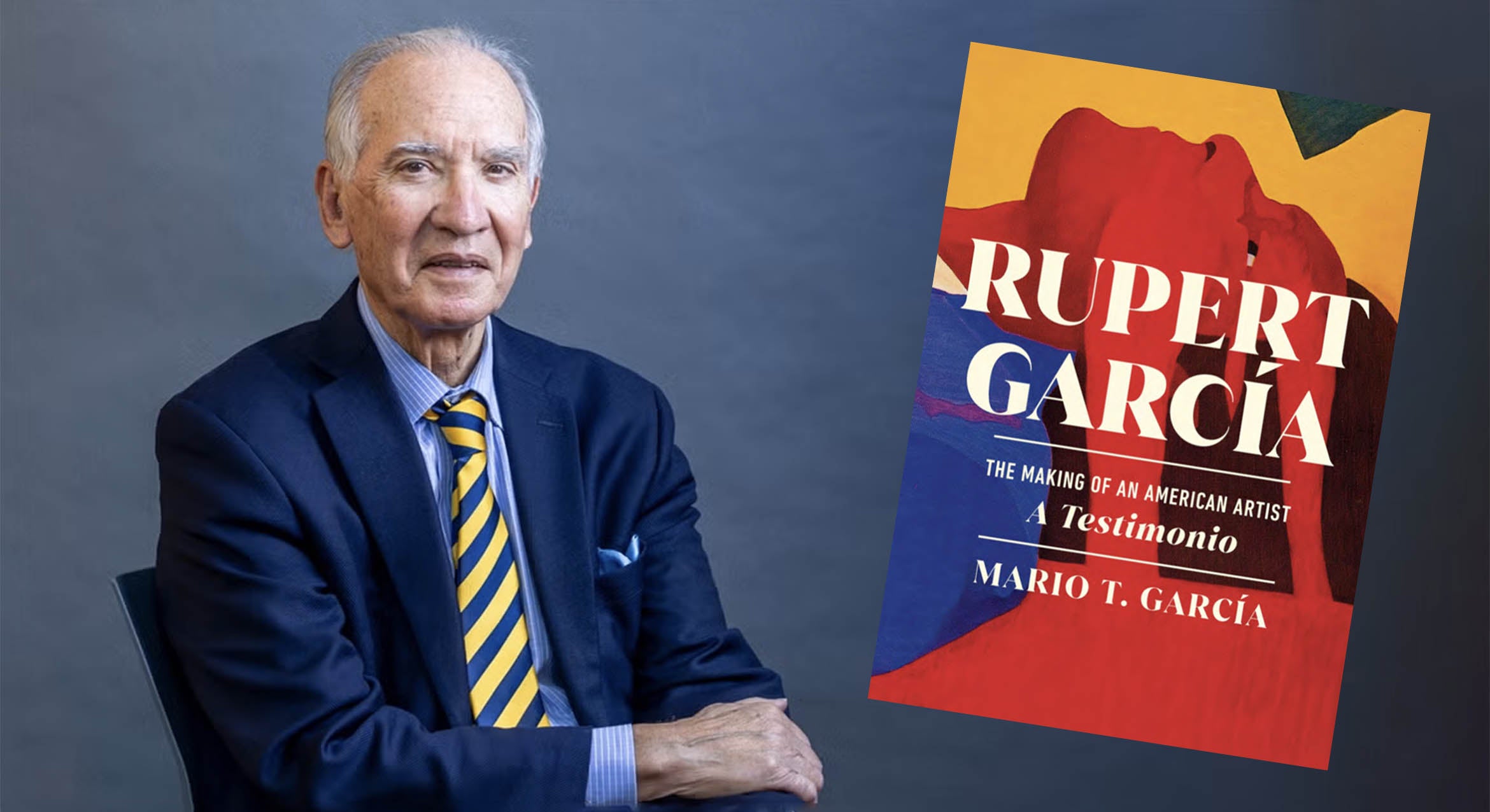
Project to Publish 'Definitive' Editions of the Complete Works of Henry David Thoreau Prospers at UC Santa Barbara
The Thoreau Edition, a projected 30-volume collection of the writings of naturalist and social philosopher Henry David Thoreau, has received $100,000 as well as the offer of a matching grant in the amount of $60,000 from the National Endowment for the Humanities (NEH). With an additional $60,000 gift from the Barkley Fund, provided through the private nonprofit National Trust for the Humanities, the Thoreau Edition at UC Santa Barbara is poised to receive a total of $220,000 to support its work over the next three years.
The Thoreau Edition, which has resided at several universities across the country since its inception in 1966, including UC Santa Barbara from 1983 to 1999, returned to UCSB last year to make the campus its permanent home. The project is currently preparing to publish the 15th and 16th volumes of the collection. Under the direction of editor-in-chief Elizabeth Hall Witherell, the two forthcoming books, "Excursions," and "Journal 7: 1854-1894"
(Princeton University Press, 2007 and 2008) continue the four-decade-long scholarly endeavor.
When completed, the full collection will include the contents of all 47 volumes of Thoreau's handwritten journal, his writings for publication, his correspondence, and other uncollected papers. The first volume, "Walden," was published in 1971.
"We're producing the definitive edition of Thoreau's work," explains Witherell, "restoring readings as Thoreau intended and publishing lots of new material, especially in the volumes of the journal and letters." The thorough search for new material and the painstaking nature of the editorial process help to explain why the project has completed a new volume only once every three years. The journal volumes, for example, are based on line-for-line transcripts of handwritten manuscripts. According to Witherell, much of the difficulty of producing each volume involves deciphering Thoreau's almost illegible handwriting.
"We examine every word, sometimes every letter, to understand and confirm what we see on the page," she says. "We compare words and letters in other passages to make sure we're reading them correctly. And we proofread each part of a book multiple times."
Equally time-consuming is the process of documenting editorial decisions. The Thoreau Edition volumes of the journal provide lists of Thoreau's alterations, and of any changes to or judgment calls about Thoreau's text that the editors have made. They also include notes describing the manuscripts, and cross-references from journal passages to their later versions in Thoreau's books, essays, and letters.
"The lists are important because they allow readers and scholars to see how we arrived at the text we're giving them," says Witherell.
Thoreau kept his journal for 24 years, from 1837 to 1861; the Thoreau Edition's version of the journal constitutes its most significant contribution to Thoreau scholarship.
The Thoreau Edition isn't the first collection of Thoreau's work. A 20-volume set published in 1906 was described then as "complete," but it lacks about half of the material now available. Missing are Thoreau's college writings, 17 of his later essays, more than half of his poems and translations, one book-length project, and most of his correspondence. Also missing are large sections of his journal.
"The editors of the 1906 edition of the journal excluded Thoreau's drafts of essays and books, regularized the dates of entries, corrected punctuation, and right-justified everything," explains Witherell. "It gives the reader the impression of a work that was prepared for publication rather than a private document."
Financial support for the Thoreau Edition has come primarily from the institutions that have housed it, although the NEH and the Barkley Fund, which operates through the National Trust for the Humanities, also have provided critical backing. In 2003, the Thoreau Edition was designated an NEH "We the People" project because of the significance of Thoreau's writings to American history and culture.
"Thoreau's engaging descriptions of human nature and the natural world both draw us into life in 19th-century Concord and provide a perspective on our own experiences in a very different time and place," Witherell says.
Walter Harding established the Thoreau Edition at the State University of New York, College at Geneseo, when the NEH first made funds available to scholars of American literature for complete, definitive editions of the writings of a number of American authors. The project remained in New York until 1972 when it moved to Princeton University under the direction of William L. Howarth. Witherell, who completed her Ph.D. in 19th-century American literature at the University of Wisconsin, went to work as a research assistant for the Thoreau Edition at Princeton in 1974 and became editor-in-chief in 1980. Three years later she brought the project to UC Santa Barbara, but in 1999 moved it to Northern Illinois University because her husband, Michael Witherell, then a UCSB physics professor, was named to head the Fermi National Accelerator Laboratory in Illinois. In July 2005, Michael Witherell, who currently holds a University of California Presidential Chair in the physics department, was appointed vice chancellor for research at UCSB and the Thoreau Edition returned once again to Davidson Library on the Santa Barbara campus.
In fall 2001, the project added a new component that makes unedited transcripts of Journal manuscripts available on the Thoreau Edition Web site before the edited volumes appear in print. In addition, to celebrate the 150th anniversary of the publication of "Walden" in 2004, Princeton University Press released a paperback series of five Thoreau Edition texts with new introductions.
Related Links



